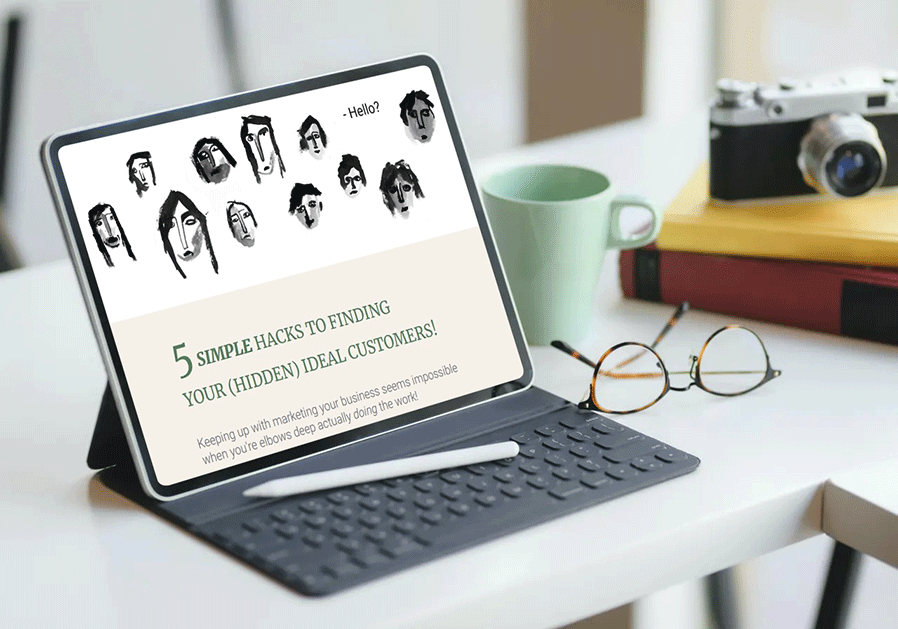BEFORE WE TALK DOLLARS

If you are just trying to be the cheapest and your competitors are also trying to be the cheapest, your greatest risk is ending up competing with someone who has money they’re willing to burn or, even worse, who did their maths wrong. This is a bad game to play. We recommend that you differentiate yourself from your competition and charge a fair price for what you do.
Your job is to ensure that both your attendees and you get a good deal out of the workshop.
Remember the change that you could potentially make in their lives. So long as they feel, at the end of the workshop, that they have received more value than you charged them, they got a good deal. And so long as you feel, at the end of the workshop, that you have received income worth more than what you could have received spending that time elsewhere, you got a good deal too.
THE PRICE NEEDS TO REFLECT YOUR EXPERIENCE AND EXPERTISE
Are you an expert on the topic of your workshop?
How much experience do you have in this area?
This will factor into your price.
THE PRICE NEEDS TO COVER YOUR PREPARATION AND PRACTICE TIME
If you can waltz into your workshop and deliver it off the cuff, this may not be relevant.
The rest of us, however, will need to consider preparation and practice time.
If you are creating from scratch, you may make a slight loss or only just break even on your first workshop, when you consider making the slides (if needed), doing a dry run, and rehearsing. Remember that every workshop after that will require much less prep.
Your preparation and practice time will factor into your price.
THE PRICE NEEDS TO COVER YOUR EXPENSES
Expenses may include:
- the booking fee
- workshop materials (including printing)
- venue hire
- snacks or meals
- software or subscriptions you require to deliver the workshop
- anything else you wouldn’t be paying for if you weren’t running the workshop
All of this needs to be factored into your price.
WHO ARE YOUR TARGET ATTENDEES?
Pricing differs greatly if you’re targeting executives compared to uni students or struggling artists.
Expectations will change across different attendee groups.
Students, artists, and entry-level workers may only be able to afford a certain price.
Corporate executives may not take you seriously if your price is too low.
Your attendees, what they can afford, and their expectations need to be factored into your price.
OTHER WAYS TO THINK ABOUT PRICING
Here are some common ways to think about pricing:
- Cost plus pricing: what is your time worth x time to set up and deliver workshop + margin
- Competitive pricing: look at others like you and adjust for how you’re different
- Value based pricing: what are your attendees likely to be willing to pay. Part of this is marketing but a good rule of thumb is: How would they solve this problem without you? How much would that cost in time and money?
- Decide your ceiling and your floor: What is the most you would be comfortable charging?
What is the absolute bare minimum? Knowing these, you can play with the above concepts and move within that range.
QUICK TIPS
- Cheap may not be good because price can be an indicator of value.
- Cheap can be good but make sure you provide a reason why it’s so cheap so people are grateful for the value they’re getting.
- The higher the price, the higher the skin in the game. People will tend to be more engaged if they have paid a higher price, but they will also have higher expectations.
- People are less likely to drop out if they are paying above a certain price threshold.
- More attendees is not necessarily better. What would your workshop look like if you doubled the price and halved the attendees? What if you increased the price by 50% and cut the attendees by 25%? Pricing doesn’t always work out this way but remember that you can change more than just the price.
- Raising prices isn’t hard but you may lose existing people.
- You can create exploding value–an experience that people want to talk about. Consider the details that other workshops can miss: takeaways, information print outs, a few little nibblies, fresh cold water, etc.
- Are there other ways you can feed your income streams? Can you sell takeaways on the day? Can you feed them into a future workshop or one-to-one coaching?
HOW PRICING, FEES, AND PAYMENTS WORK ON WISERR
The listed price of the workshop is inclusive of a 10% booking fee.
When someone engages you, payment will go into an escrow account until the job is completed. Allow 1-2 business days for the payment to come through once the job is completed.
You can view your invoices through your dashboard. Each completed job comes with an automated invoice which can be viewed via your JOBS page on your dashboard > Sales (click on specific job) > View Invoice
An example:
Sara has a resume workshop that costs $100.
When Ben books in for the workshop, he pays $100.
Wiserr holds this $100 in escrow.
1-2 business days after the workshop, Wiserr pays out $90 to Sara and retains $10 as a booking fee.
At the end of the year, Sara wants to see all of the income she made through Wiserr. She logs onto her dashboard where she can see all of her income.
So there you have six steps to help you set up a fair and well thought out workshop.

